MIROS did not detect any of the 174 irregularities within 25 test categories?
We Malaysians are very trusting people. Over the decades we have trusted whatever we read in our very honest and trustworthy mainstream media that are NOT biased in any way.
We have also have high trust in:
- Our honest and hard-working politicians in all that they do for us ‘rakyat’
- Our town councillors in ensuring we get beautiful paved roads and pavements
- Our police department in ensuring the rule of law is maintained honestly
- Our immigration department in ensuring no wrong-doing at our border checkpoints
- Our local universities of higher learning in ensuring a just and fair allocation of scholarships to all deserving Malaysians
- Our automotive agencies, MARii for ensuring government automotive grants are given out to deserving individuals and also the honest calculations of EEV tax incentives for new cars and more
- And not forgetting MIROS for conducting honest, professional and technically sound vehicle safety tests when awarding 5 Star or below safety ratings
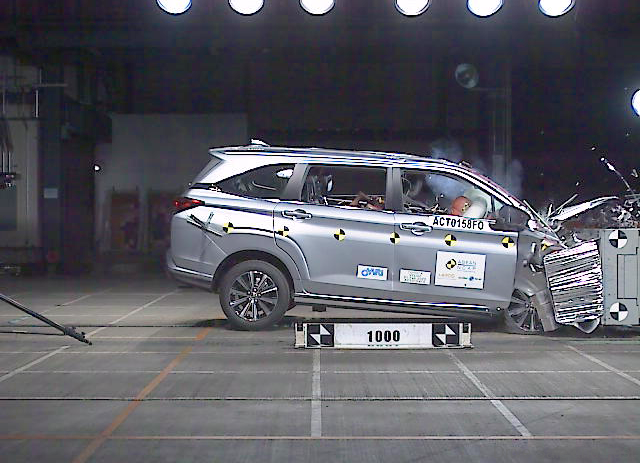
Meanwhile, recently, we learnt that Daihatsu-engineered vehicles had over 174 irregularities within 25 test categories. This discovery came from an independent 3rd party committee’s investigation into Daihatsu, triggered by a whistleblower’s report of “Procedural Irregularities” that happened internally during safety tests for the new Toyota Vios.
The new investigation named 64 models including some that have been discontinued, but many of these were models were never sold in Malaysia. That being said, quite a number are still on sale in Malaysia today by both Perodua and Toyota.
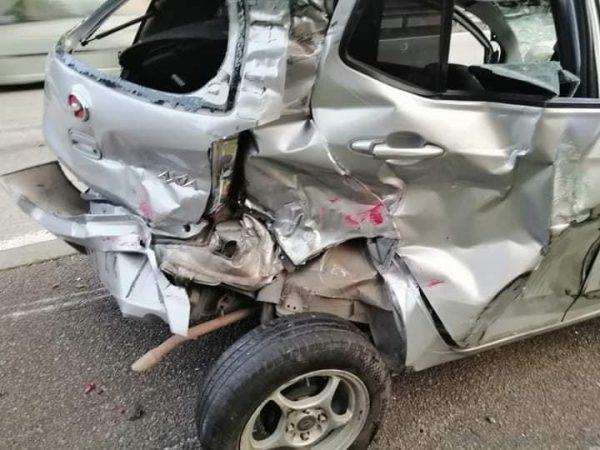
These include the 1st and 2nd gen Axia, the 2nd gen Alza, the Ativa, the Myvi and the Bezza from Perodua. Toyota models like the 2nd gen Rush, the Yaris, the Vios and the Veloz are all named. Japan’s response was to immediately cease production and export of affected vehicles domestically, but in Malaysia things are a little different.
Both UMW Toyota and Perodua are working closely with regulatory authorities to address the matter. Our question is what will these regulatory authorities do about it? The Malaysian Institute Of Road Safety Research (MIROS) has retested the Toyota Vios and Perodua Axia and found nothing out of the ordinary.
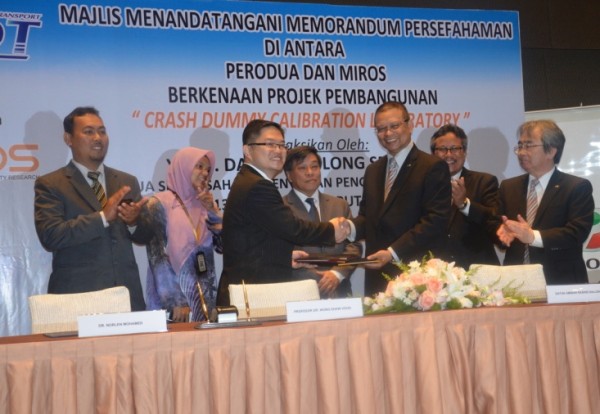
Will MIROS be retesting the 1st gen Axia, Ativa, Myvi, Bezza, Rush, Yaris and Veloz? Can the public trust their conclusions, given how closely this regulatory body works with car brands? The fact that Perodua has given RM1.5 million to MIROS in 2014 should raise some eyebrows as to their true independence especially given how important safety is.
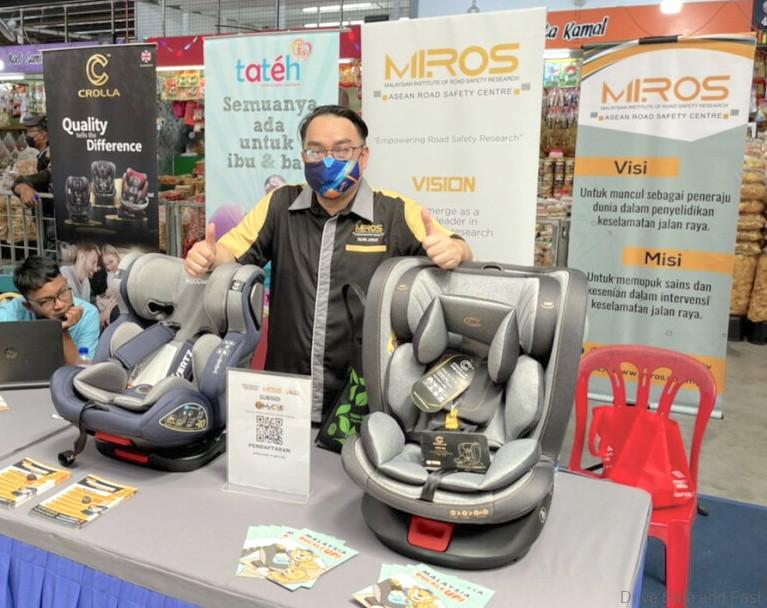
It’s also a bit alarming that ASEAN NCAP isn’t able to communicate safety ratings to the layperson effectively. A 2014 Perodua Axia has a 4-star rating. So does the 2nd gen Perodua Axia. So does a 2019 BMW 3 Series.
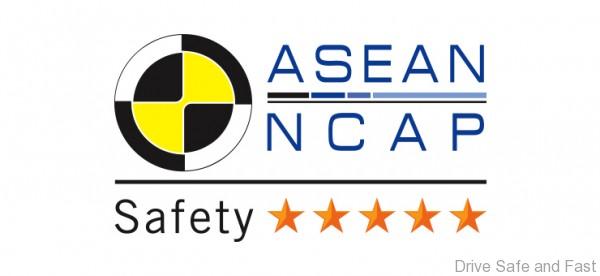
There seems to be proper protocols in place, and if you go into each report you can get some numbers, but it’s really tough to get a digest for how safe each car is in each category.
Malaysia still has no real enforcement around safety-related recalls and these are done voluntarily by brands (though JPJ is now more proactive with supporting these recalls).
If there is indeed no real danger, then we’ll never really be sure. But if there is, our only real hope is that Toyota of Japan steps in and forces a recall.


